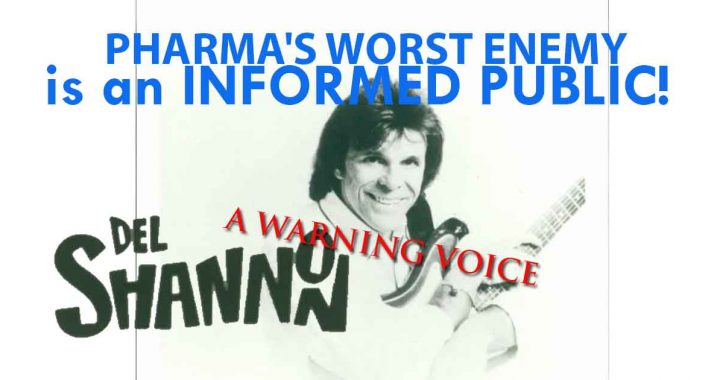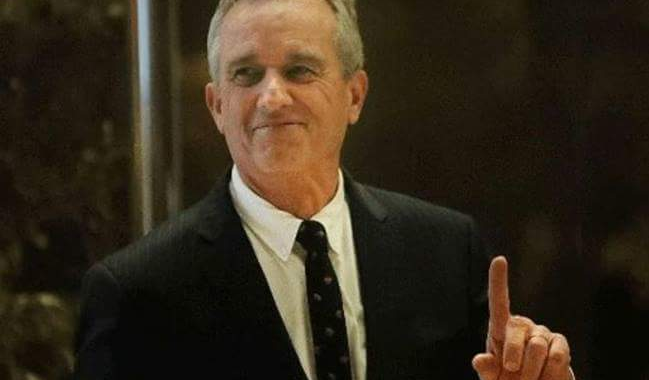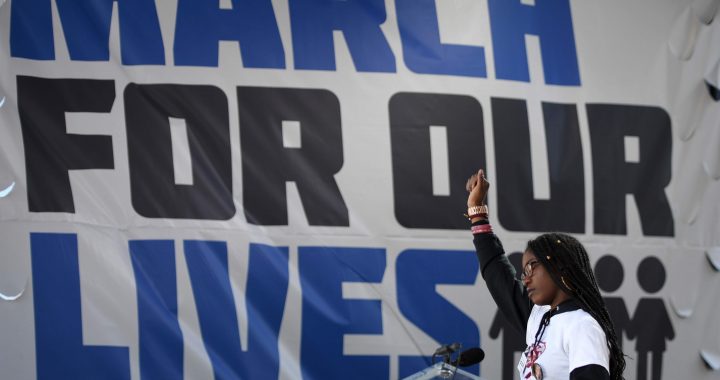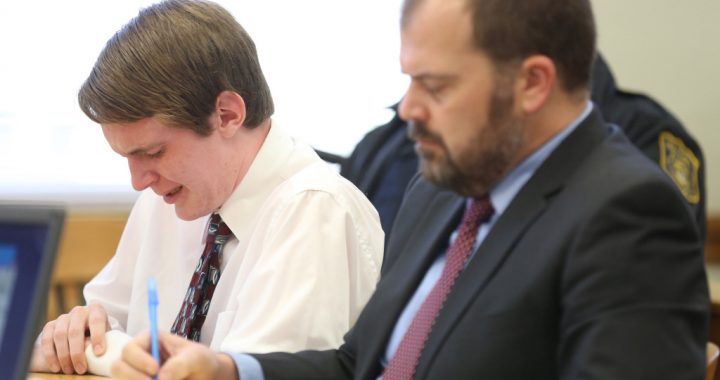NOTE FROM Ann Blake-Tracy:
Excellent article! Many would still be alive and many more
would have avoided being damaged had they been able to see this coming as
clearly as I did years ago when I began warning about these drugs. But it is not
over! There will tragically be many more losses due to the ability of drug
manufacturers to buy the silence this doctor from Tufts says below should
not happen. These settlements need to be made public!
The one glaring omission in this article is a case I am very
familiar with Tobin vs Glaxo. This Paxil-induced murder/suicide
case was allowed to go to court, rather than being settled by Glaxo.
And after hearing all the evidence the jury ruled
that it was clear that Paxil was the main cause of this tragic
murder/suicide that cost 4 lives in one WY family. They ordered Glaxo to pay
$6.3 Million – in my opinion a very small amount for four lives!
But it will not be the end of these types of cases being filed.
The authors did not figure the losses Glaxo will face from those cases
of murder/suicide so their losses could be far greater than detailed
below.
The company hasn’t specified in regulatory filings
the number of suicide, birth-defect and addiction cases settled.
“It’s important to disclose such settlements because
it raises the red flag for both doctors and patients that there might be a
problem,” said Dan Carlat, a psychiatrist at Tufts University School of Medicine
in Boston who writes and edits a blog and a monthly
Psychiatry
Report. “It would motivate
doctors to dig into the literature even more before prescribing these
drugs.”
- About 450 suicide-related Paxil cases were settled. Only about a dozen
haven’t been, the people said. The $1 billion total doesn’t include more than
600 claims that Paxil caused birth defects. - A Philadelphia jury on Oct. 13 found the drugmaker should pay $2.5 million
to the family of Lyam Kilker, a 3-year-old boy born with a heart defect after
his mother took Paxil while pregnant. Based on that outcome, an analyst
estimated the company may potentially face additional verdicts in birth-defect
cases waiting to be tried in Pennsylvania. - 600 More Cases
- “A liability totaling $1.5 billion is possible,” wrote Savvas Neophytou, a
Panmure Gordon analyst in London, in a note to investors the day after the
Kilker verdict. - In comparison, Pfizer Inc., parent of Wyeth, the maker of diet-drug
combination fen-phen, has had to set aside about $21 billion to resolve about
200,000 personal-injury claims over that medicine. Merck & Co. agreed to
pay $4.85 billion to resolve more than 48,000 claims over the withdrawn
painkiller. - Harris Pogust, an
attorney for Paxil plaintiffs, couldn’t confirm the total. He said the amounts
are confidential. - The suicide settlements included a suit over the death of a 14-year-old
boy who had been taking Paxil for two months. The parents of Scott Cunningham,
of Valparaiso, Indiana, sued after the boy hung himself in 2001. They alleged
Glaxo suppressed evidence that Paxil use was linked to the risk of suicide
attempts by adolescents. Glaxo denied the allegations, according to court
papers. - The family settled its suit in May, according to court filings. Family
attorney Bijan Esfandiari confirmed the settlement, saying the amount was
confidential. - About 150 cases over suicides by Paxil users were settled for an average
of about $2 million, and about 300 over suicide attempts settled for an
average of $300,000, they said. Some of the claims were resolved before suits
were filed, according to the people familiar with the matter. - Glaxo has settled about 10 birth-defect cases, Sean Tracey, a
Houston-based lawyer who represented the family of a child victim, said in
court Dec. 2. The settlements averaged about $4 million, the people familiar
with the cases said. - Glaxo paid an average of about $50,000 per case to resolve about 3,200
claims linking Paxil to addiction problems, the people familiar with the cases
said. - In its 2008 annual report, company officials noted they had reached a
“conditional settlement agreement” in January 2006 with Paxil users who
alleged they suffered withdrawal symptoms after taking the drug. The case,
filed in Los Angeles federal court, was marked closed in court records in
February.
By Jef Feeley and Margaret Cronin Fisk
Dec. 14 (Bloomberg) — GlaxoSmithKline Plc has
paid almost $1 billion to resolve lawsuits over Paxil since it introduced the
antidepressant in 1993, including about $390 million for suicides or attempted
suicides said to be linked to the drug, according to court records and people
familiar with the cases.
As part of the total, Glaxo, the U.K.’s largest drugmaker, so far has paid
$200 million to settle Paxil addiction and birth-defect cases and $400 million
to end antitrust, fraud and design claims, according to the people and court
records.
The $1 billion “would be worse than many people are expecting,” said Navid Malik, an analyst
at Matrix Corporate Capital in London. “I don’t think this is within the
boundaries of current assumptions for analysts.”
The London-based company hasn’t disclosed the settlement total in company
filings. It has made public some accords. Glaxo’s provision for legal and other
non-tax disputes as of the end of 2008 was 1.9 billion pounds ($3.09 billion),
according to its latest annual report. This included all legal matters, not just
Paxil. The company said 112 million pounds of this sum would be “reimbursed by
third-party issuers.”
The drugmaker has reduced its insurance coverage to contain costs, “accepting
a greater degree of uninsured exposure,” the annual report states. “Recent
insurance loss experience, including pharmaceutical product-liability exposures,
has increased the cost of, and narrowed the coverage afforded by, insurance for
pharmaceutical companies generally,” Glaxo said.
Glaxo Comment
Glaxo declined to confirm the $1 billion figure. “Paxil has been on the
market in the U.S. since 1993. Like many other pharmaceutical products, it has
been the subject of different kinds of litigation over the years,” said Sarah Alspach, a
spokeswoman for Glaxo, in an e-mailed statement. “It would be inappropriate and
potentially misleading to aggregate payments in these various types of
litigation.”
Chief Executive Officer Andrew Witty has moved
to replace revenue lost to generic versions of drugs such as Paxil. Worldwide,
Paxil generated about 514 million pounds in sales last year, or 2.1 percent of
the total. Glaxo closed up 5 pence to 1,303 pence in London trading Dec. 11,
down 8.8 percent from a year ago.
About 450 suicide-related Paxil cases were settled. Only about a dozen
haven’t been, the people said. The $1 billion total doesn’t include more than
600 claims that Paxil caused birth defects.
A Philadelphia jury on Oct. 13 found the drugmaker should pay $2.5 million to
the family of Lyam Kilker, a 3-year-old boy born with a heart defect after his
mother took Paxil while pregnant. Based on that outcome, an analyst estimated
the company may potentially face additional verdicts in birth-defect cases
waiting to be tried in Pennsylvania.
600 More Cases
“A liability totaling $1.5 billion is possible,” wrote Savvas Neophytou, a
Panmure Gordon analyst in London, in a note to investors the day after the
Kilker verdict. He still recommended buying Glaxo shares because a likely appeal
may reduce the amount paid by the company.
In comparison, Pfizer Inc., parent of Wyeth, the maker of diet-drug
combination fen-phen, has had to set aside about $21 billion to resolve about
200,000 personal-injury claims over that medicine. Merck & Co. agreed to pay
$4.85 billion to resolve more than 48,000 claims over the withdrawn painkiller.
Harris Pogust, an
attorney for Paxil plaintiffs, couldn’t confirm the total. He said the amounts
are confidential.
Paxil Is Different
“Paxil’s been different from most drugs,” said Pogust, a lawyer from
Conshohocken, Pennsylvania, who is handling suicide and withdrawal cases.
“You’ve had three major personal injury litigations over one drug — the
suicide, the birth defect and the withdrawal cases. To have three significant
problems with one drug is really unusual.”
The company had $11.7 billion in U.S. Paxil sales for nine years starting in
1997, according to documents made public this year in a Pennsylvania trial. In
2002, the year before Paxil faced generic competition in the U.S., sales of the
drug there were $2.12 billion. Last year, U.S. sales had fallen to $129 million.
Through September of this year, sales were $52 million, down 52 percent from the
same period in 2008.
Since at least 2003, Glaxo has faced claims in U.S. courts that some Paxil
users were subjected to an undisclosed, higher risk for suicide and birth
defects.
A Suicide Settlement
The suicide settlements included a suit over the death of a 14-year-old boy
who had been taking Paxil for two months. The parents of Scott Cunningham, of
Valparaiso, Indiana, sued after the boy hung himself in 2001. They alleged Glaxo
suppressed evidence that Paxil use was linked to the risk of suicide attempts by
adolescents. Glaxo denied the allegations, according to court papers.
The family settled its suit in May, according to court filings. Family
attorney Bijan Esfandiari confirmed the settlement, saying the amount was
confidential.
About 150 cases over suicides by Paxil users were settled for an average of
about $2 million, and about 300 over suicide attempts settled for an average of
$300,000, they said. Some of the claims were resolved before suits were filed,
according to the people familiar with the matter.
Glaxo has settled about 10 birth-defect cases, Sean Tracey, a Houston-based
lawyer who represented the family of a child victim, said in court Dec. 2. The
settlements averaged about $4 million, the people familiar with the cases said.
Hasn’t Specified
The company hasn’t specified in regulatory filings the number of suicide,
birth-defect and addiction cases settled.
“It’s important to disclose such settlements because it raises the red flag
for both doctors and patients that there might be a problem,” said Dan Carlat, a
psychiatrist at Tufts University School of Medicine in Boston who writes and
edits a blog and a monthly Psychiatry Report. “It would motivate doctors to dig into the
literature even more before prescribing these drugs.”
Glaxo paid an average of about $50,000 per case to resolve about 3,200 claims
linking Paxil to addiction problems, the people familiar with the cases said.
In its 2008 annual report, company officials noted they had reached a
“conditional settlement agreement” in January 2006 with Paxil users who alleged
they suffered withdrawal symptoms after taking the drug. The case, filed in Los
Angeles federal court, was marked closed in court records in February.
“Glaxo did not admit liability” in the addiction settlements, the company’s
officials said in a March 2009 filing with the U.S. Securities and Exchange
Commission.
The Other $400 Million
In one of eight accords unrelated to individual suicide, addiction or
birth-defect claims, Glaxo agreed in 2003 to pay $87.6 million to the U.S. and
49 states over claims it repackaged and privately labeled Paxil and another
drug, Flonase, to a health maintenance organization at discounted prices.
Glaxo, denying liability, agreed in 2004 to pay $165 million to settle two
antitrust suits over allegations it engaged in sham patent infringement
litigation to stall approval of generic versions of the drug, court records
show. Of that total, $100 million was for direct purchasers of Paxil, such as
drug wholesalers, and $65 million was for indirect buyers, the records show.
In the same year, Glaxo agreed to pay $2.5 million to New York to resolve
accusations the company withheld safety data about the antidepressant. The
company, calling the claims unfounded, agreed to release safety studies on the
medicine’s effect on children.
In 2005, the company added a black-box warning to its Paxil label that the
drug increased the risk of suicidal thoughts among adolescents, following a
request by the U.S. Food and Drug Administration to do so.
The Philadelphia case is Kilker v. SmithKline Beecham Corp. dba
GlaxoSmithKline, 07-001813, Court of Common Pleas, Philadelphia County,
Pennsylvania (Philadelphia).
To contact the reporters on this story: Jef Feeley in
Wilmington, Delaware, at jfeeley@bloomberg.net and; Margaret Cronin Fisk in
Southfield, Michigan, at mcfisk@bloomberg.net.
Last Updated:
December 14, 2009 00:01 EST




